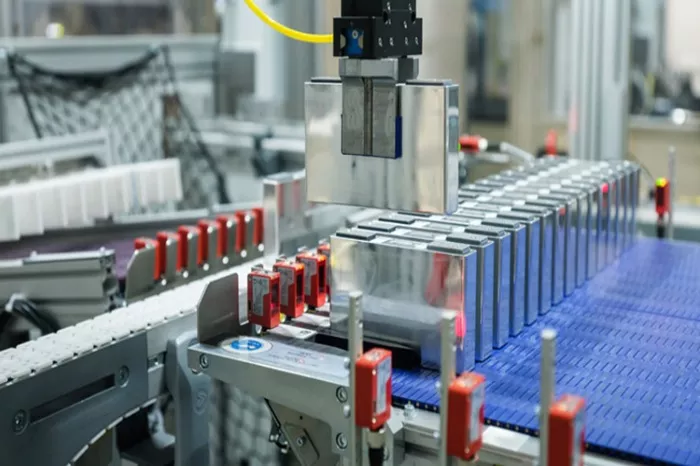Reliance New Energy and Rajesh Exports are at risk of penalties for failing to meet key deadlines under India’s Production Linked Incentive (PLI) scheme for battery cell production. Both companies, along with Ola Electric Mobility, had committed to enhancing domestic battery manufacturing but have missed crucial investment and value addition milestones.
PLI Scheme and Challenges
Launched with a ₹18,100 crore budget, the PLI scheme aims to reduce dependence on battery imports and boost India’s manufacturing capabilities for advanced chemistry cell (ACC) batteries. However, delays in technology availability and execution have slowed progress, leading to a reduction in budget allocation for FY25.
Reliance’s Battery Manufacturing Facility Faces Implementation Risks
Reliance New Energy Battery Storage Limited (RNEBSL), a subsidiary of Reliance Industries, is setting up an integrated battery facility at the Dhirubhai Ambani Green Energy Giga Complex in Jamnagar. Awarded a 5 GWh capacity under the PLI scheme, the project is still in its early stages and faces potential roadblocks.
Broader Industry Challenges
India’s battery manufacturing sector continues to face technological gaps and intense competition from established global players like China. The inability to meet PLI deadlines underscores the need for stronger domestic infrastructure, technological advancements, and policy support to drive India’s battery industry forward.
Related topics:
- Volklec Takes Major Step Toward UK Battery Production with FEB Deal
- Porsche eBike to Build Battery Production Facility in Croatia
- UBE Corporation Breaks Ground on New EV Battery Materials Plant

